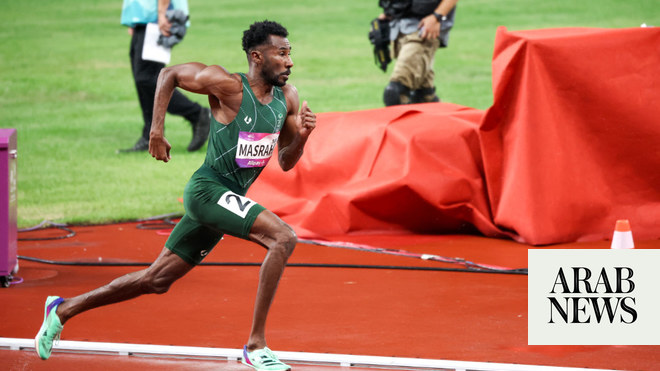
Canada"s show-jumping team remain disqualified from the Tokyo Olympics despite the Court of Arbitration for Sport (CAS) on Tuesday clearing a rider of intentionally doping.
CAS, which in January rejected Nicole Walker"s appeal against a doping violation, wrote in its reasoned ruling that she inadvertently ingested cocaine metabolite by drinking coca tea while at the 2019 Pan Am Games in Lima, Peru.
"While I appreciate the personal vindication, that is not as important to me as the team being able to compete," Walker, 27, said in a news release issued by her team on Tuesday.
"It"s very unfair that my team mates are barred from competing at the Olympic Games when the truth has been accepted. Team Canada competed fairly and has earned the right to be in Tokyo."
Canada had looked to have earned a spot at the 2020 Tokyo Olympics, which have since been delayed by a year due to the COVID-19 pandemic, after placing fourth in the equestrian event at the 2019 Pan Am Games.
Canada, however, were later disqualified after Walker"s in-competition test was found to contain the banned substance benzoylecgonine, a metabolite of cocaine, and were replaced by Argentina in the Olympic team competition.
According to Walker"s team CAS found that, regardless of the innocent circumstances surrounding the positive test, it had no discretion but to disqualify Canada.
Equestrian Canada (EC), which stood by Walker throughout the discipline and appeals process, said it will look into appealing the CAS decision to the Swiss Federal Tribunal in Lausanne.
"EC is extremely disappointed that despite the panel"s recognition of Nicole"s integrity and commitment to clean sport, her affected results at Lima 2019 were not reinstated, resulting in the Canadian Show Jumping Team remaining disqualified from the Tokyo 2020 Olympic Games," EC said in a statement.
In another CAS matter, United Arab Emirates rider Sheikh Abdul Aziz bin Faisal al Qasimi won his appeal to overturn a record 20-year ban imposed last year for horse abuse.
The horse, Castlebar Contraband, was euthanised at a 2016 long-distance race in France after suffering an open fracture to its front right cannon, and blood samples showed it had been injected with a banned sedative known to lower heart rates.
The International Equestrian Federation (FEI) said that despite extensive veterinary evidence the CAS Panel found that there was no proof that the horse had been nerve blocked or abnormally desensitised in competition.
"Although we respect the CAS decision, we are extremely disappointed," FEI Secretary General Sabrina Ibanez said in a statement. "The FEI has to stand up for horse welfare and clamp down on horse abuse, so to lose this case on appeal is more than disheartening."











